The Supreme Court has allowed Idaho to enforce a ban on gender-changing medical procedures for minors.
This decision knocks down the block put in place by two lower courts as the ruling allows for the implementation of Idaho’s Vulnerable Child Protection Act.
Dissent Among Justices
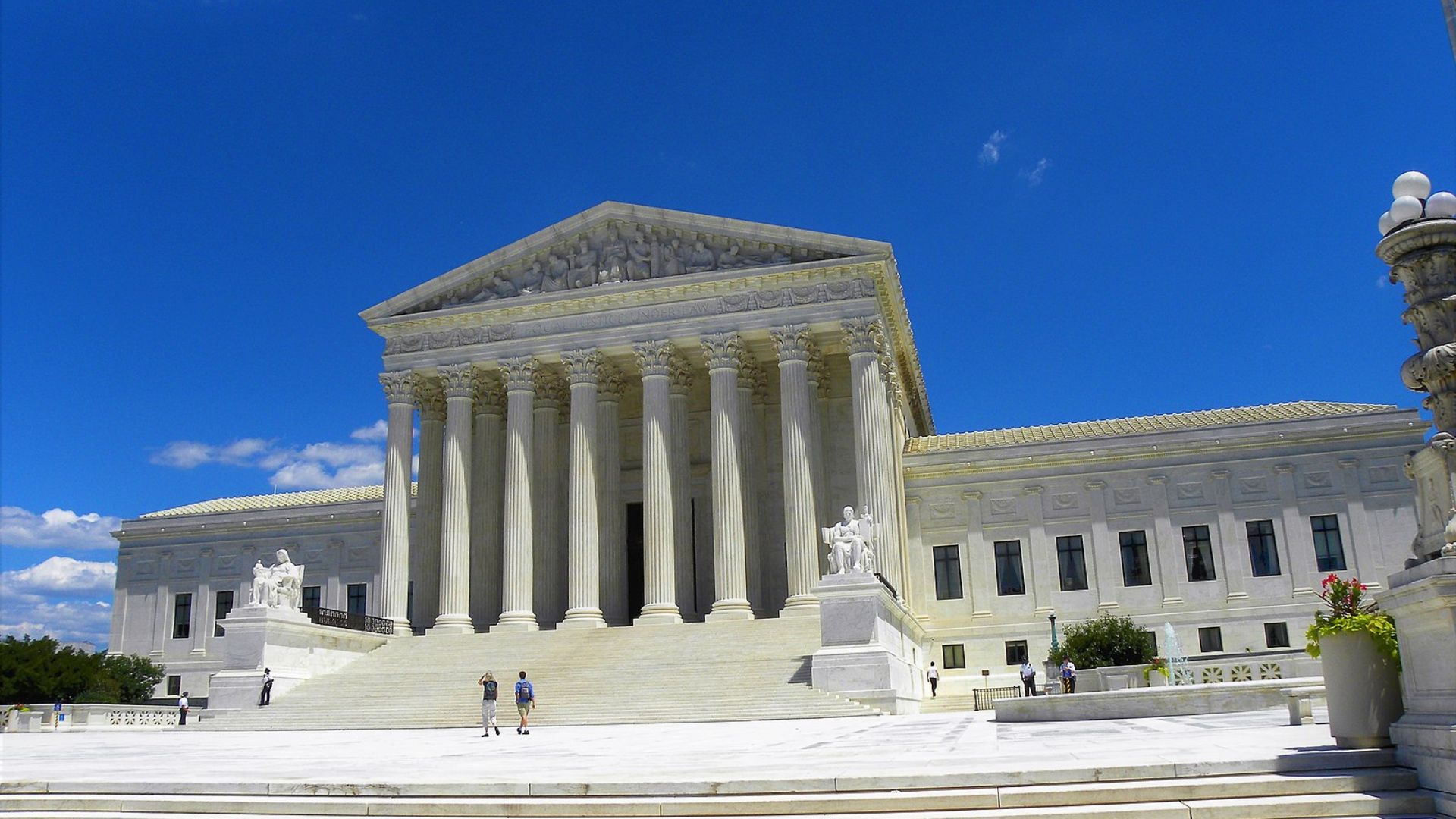
Liberal Justices Sonia Sotomayor, Elena Kagan, and Ketanji Brown Jackson opposed the conservative majority, challenging the stay that halted enforcement of Idaho’s Vulnerable Child Protection Act.
They urged judicial caution in matters with profound social implications.
The Stakes for Doctors
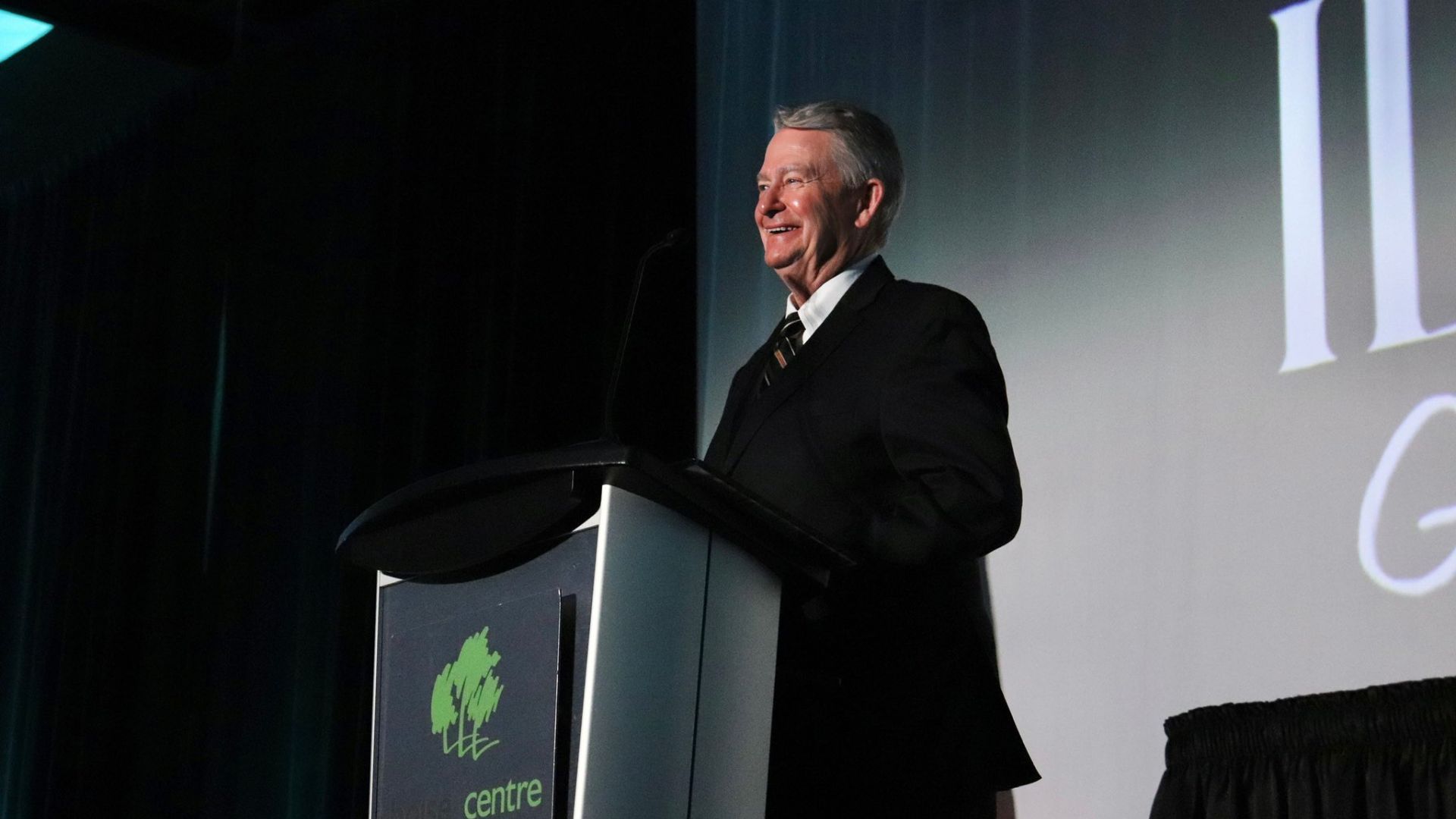
Governor Brad Little’s signed legislation places severe penalties on medical professionals.
Physicians face felony charges and up to ten years in prison for performing gender-transition surgeries on minors, including mastectomies and penectomies, highlighting the severe legal consequences for doctors under this law.
Beyond Surgical Procedures

The prohibitions under Idaho’s law also extend to hormonal treatments, including puberty blockers and hormones for transgender youth.
Slated for enforcement from the start of the year, the implementation was delayed by Judge Lynn Winmill last December, who called for further review.
Gorsuch Weighs In on the Injunction
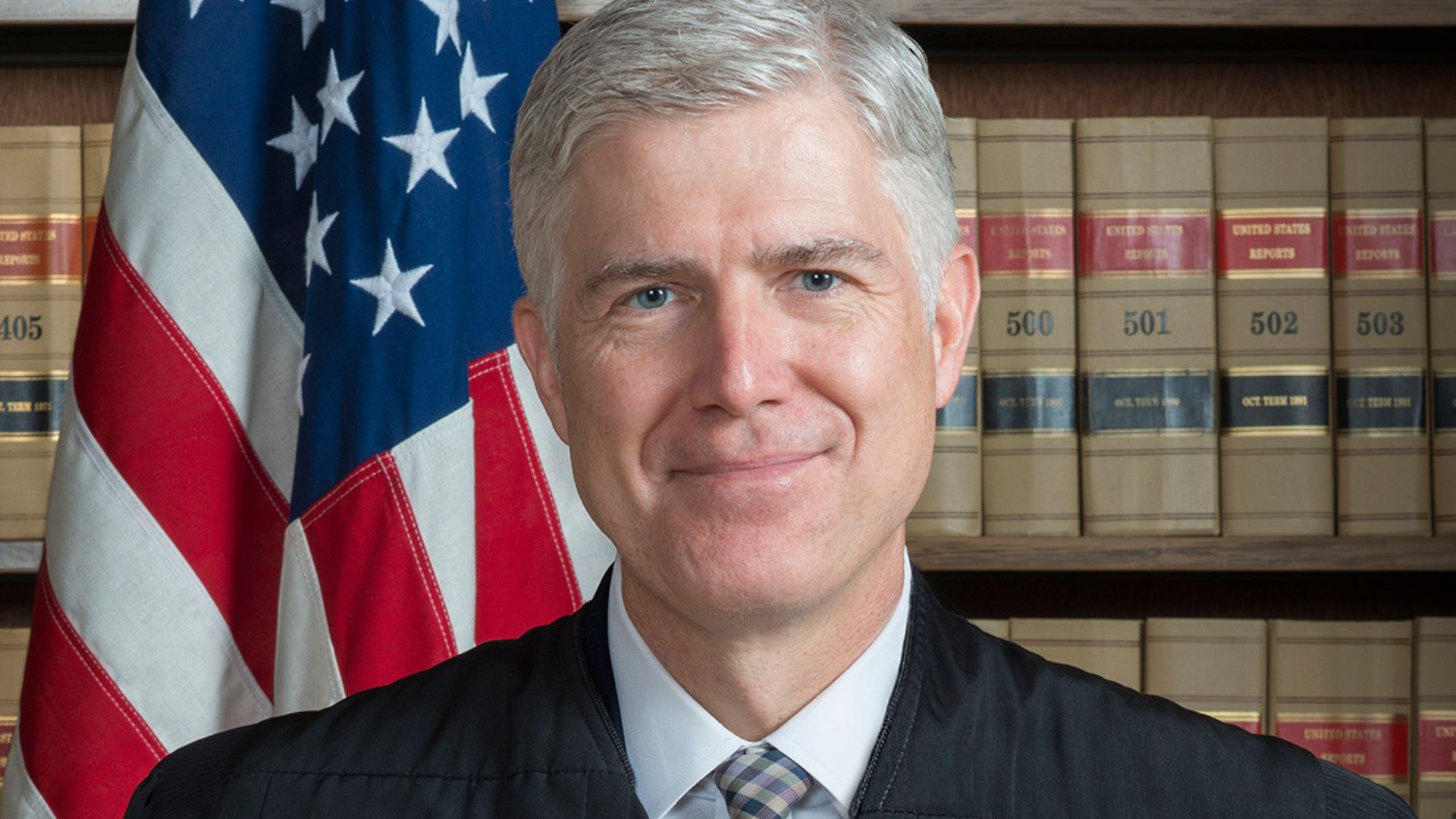
Justice Neil Gorsuch criticized the broad reach of the initial injunction imposed by Judge Winmill, which was universally applied.
He noted, “Ordinarily, injunctions like these may go no further than necessary to provide interim relief to the parties,” indicating the previous legal restraint was excessive.
Limiting the Court’s Reach
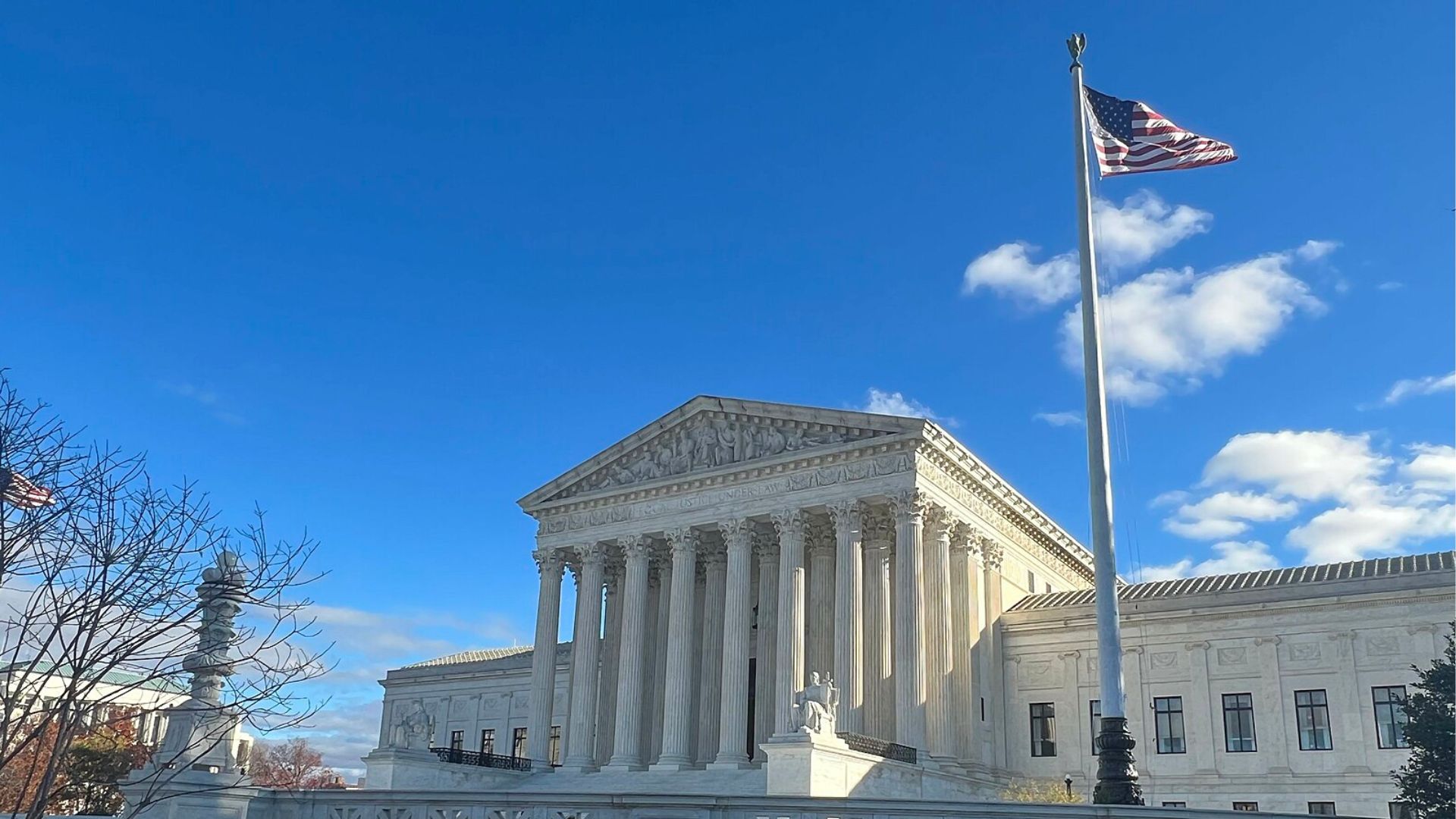
Justice Gorsuch further criticized the district court’s extensive prohibition, stating, “In this case, however, the district court went much further, prohibiting a State from enforcing any aspect of its duly enacted law against anyone.”
His comments support the Supreme Court’s decision to narrow the injunction’s scope to only those directly involved in the lawsuit.
Specific Protections Remain
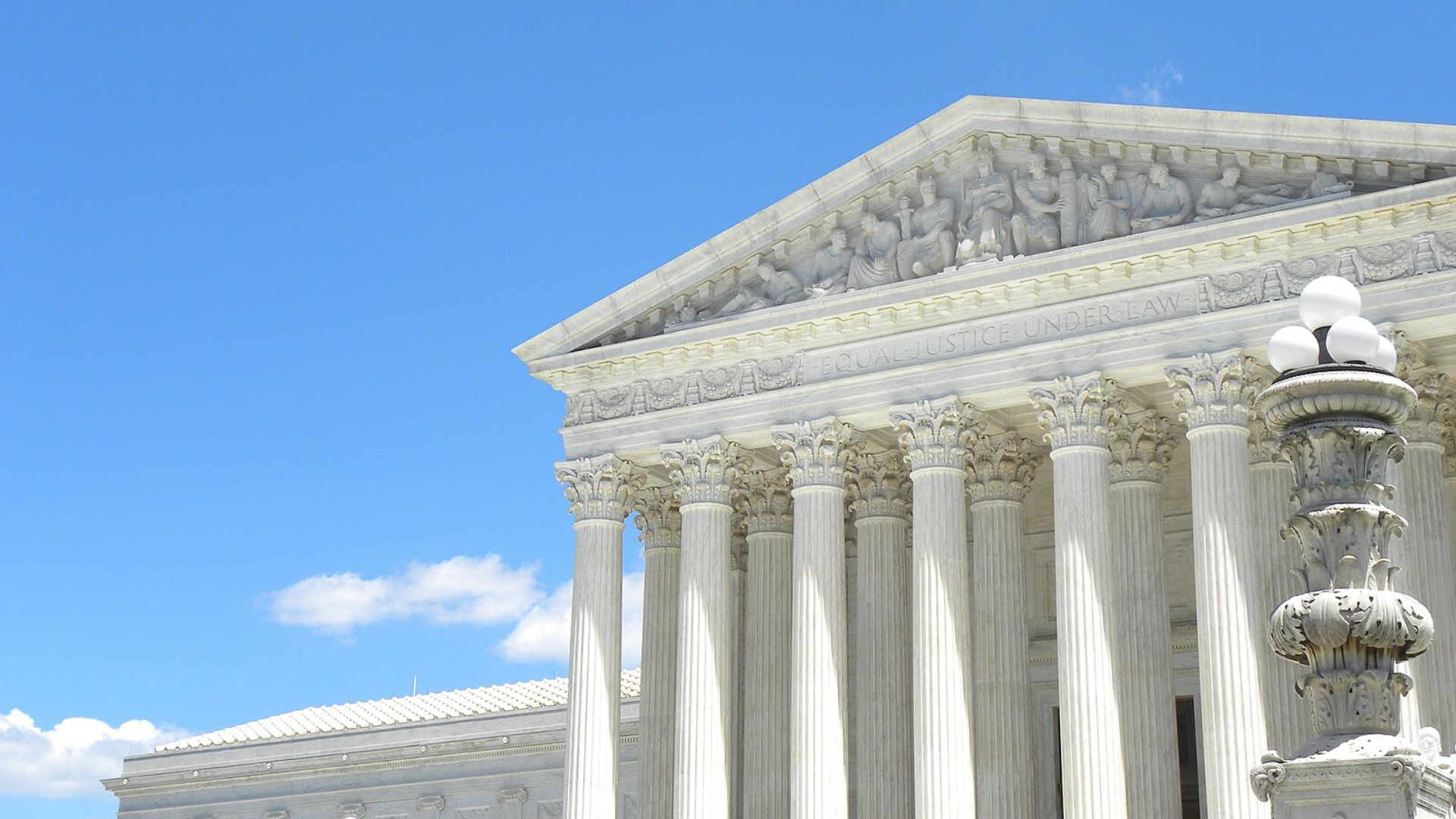
Politico reports that the Supreme Court’s decision to allow broader enforcement of the law does not impact the two transgender teenagers who initiated the lawsuit with ACLU’s support.
Protected under the original court order, they can continue their treatments while the case moves forward.
ACLU Voices Concern
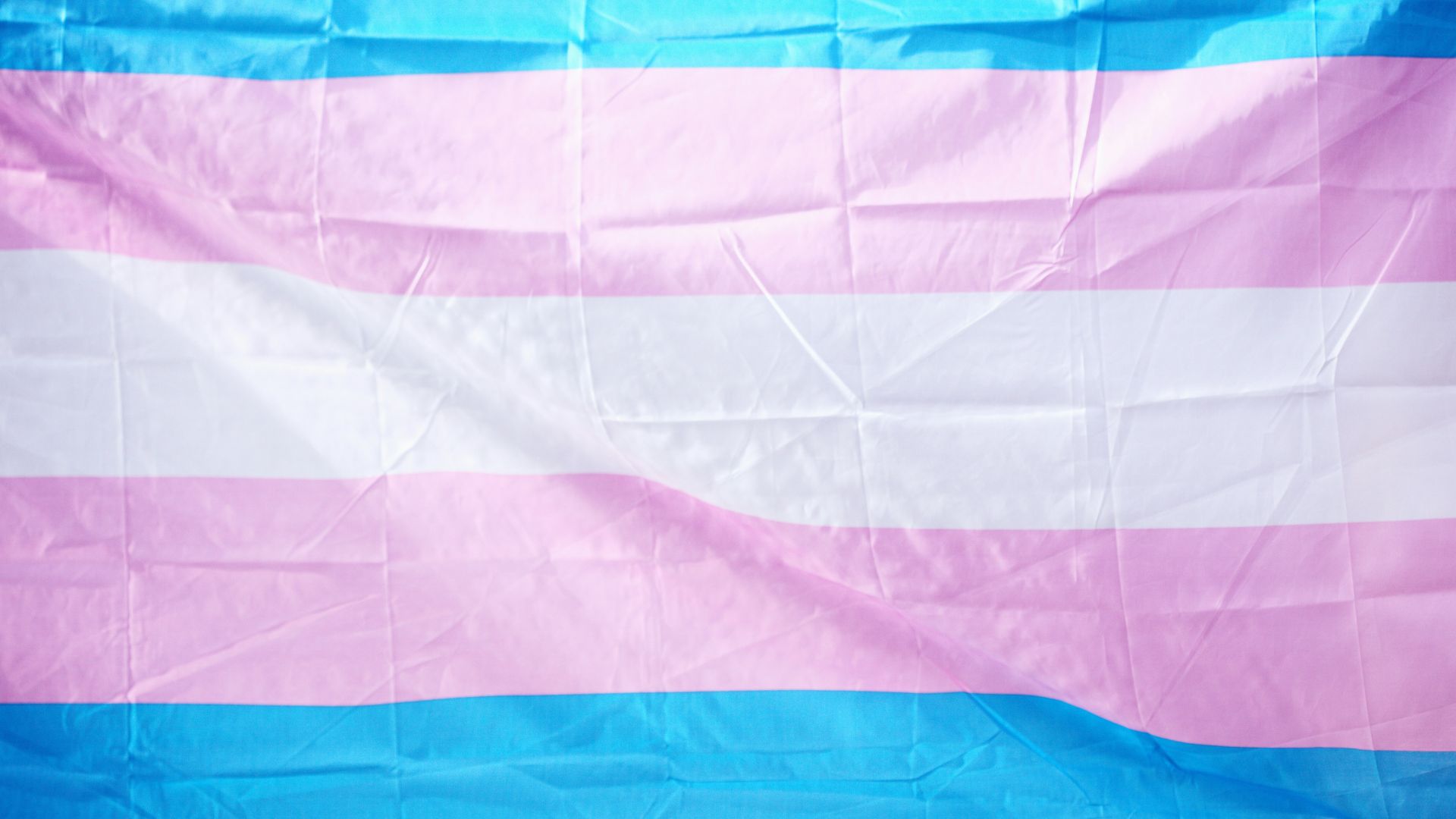
The ACLU of Idaho expressed significant concerns about the Supreme Court’s decision’s impact.
“While the Court’s ruling today importantly does not touch upon the constitutionality of the law, it is nonetheless an awful result for transgender youth and their families across the state,” they noted, emphasizing the emotional and practical turmoil caused by the ruling.
Reaction from Idaho’s Attorney General
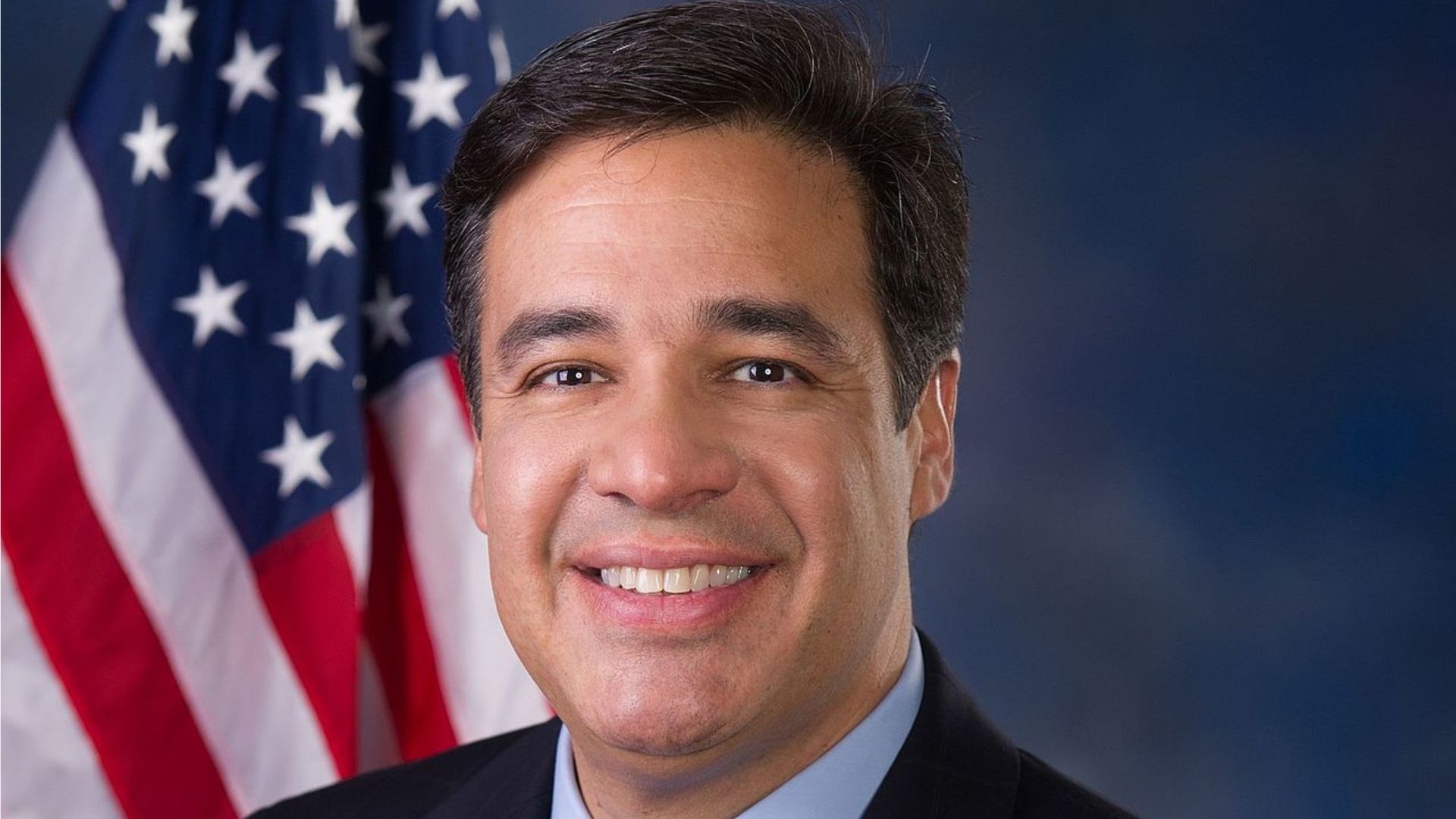
Idaho Attorney General Raul Labrador celebrated the decision as a victory for child protection.
He said, “This is a BIG win to protect vulnerable kids! Our state has a duty to protect and support all children. I’m proud to defend Idaho’s law that ensures children are not subjected to dangerous drugs and procedures.”
Case Far from Over
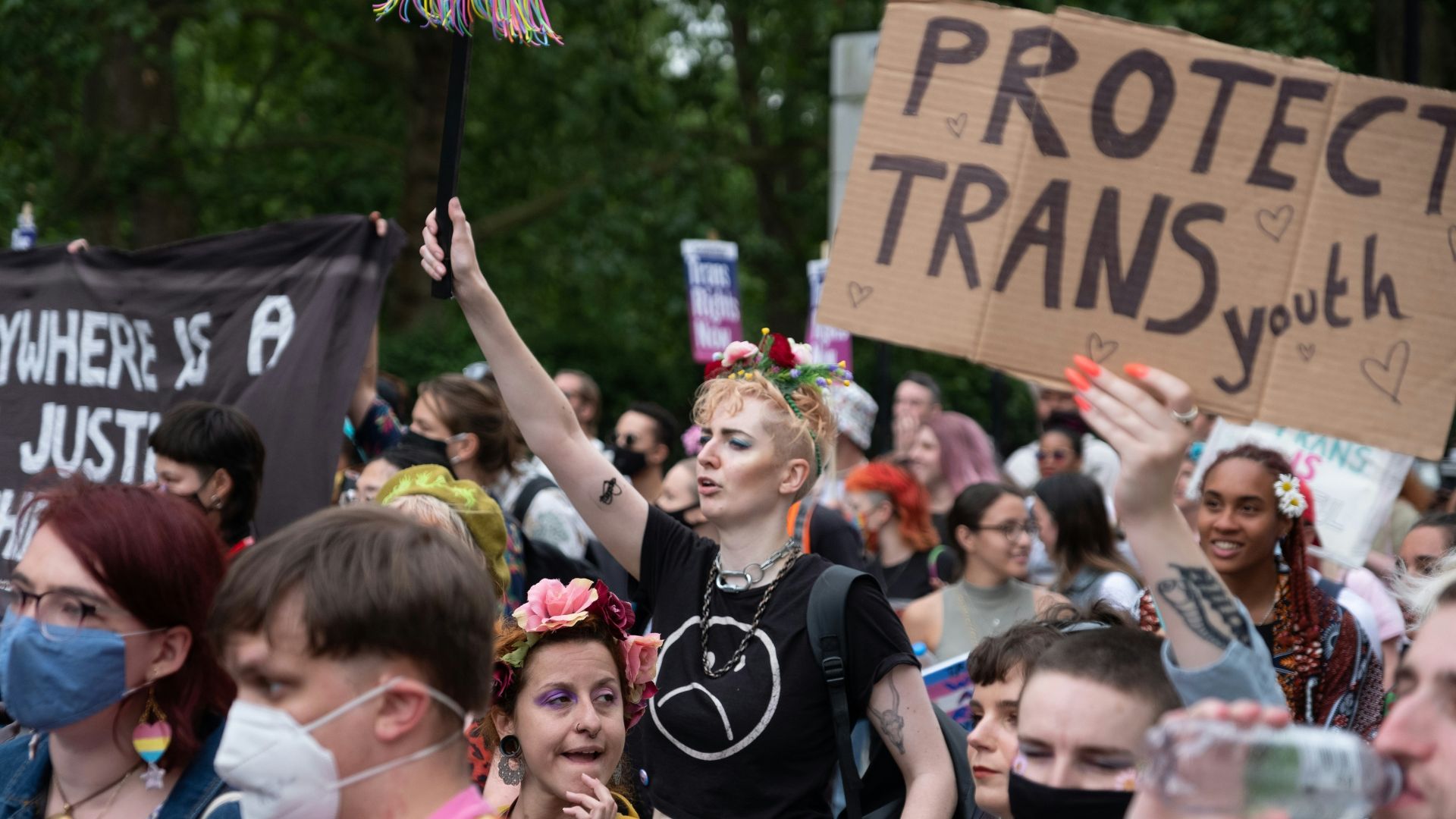
The legal proceedings are ongoing. Idaho sought this emergency relief while awaiting the outcome of an appeal by the U.S. Court of Appeals for the Ninth Circuit, which continues to deliberate on the lawsuit brought by the transgender plaintiffs against the state.
The decision here could set further legal precedents.
A Widespread Legislative Shift
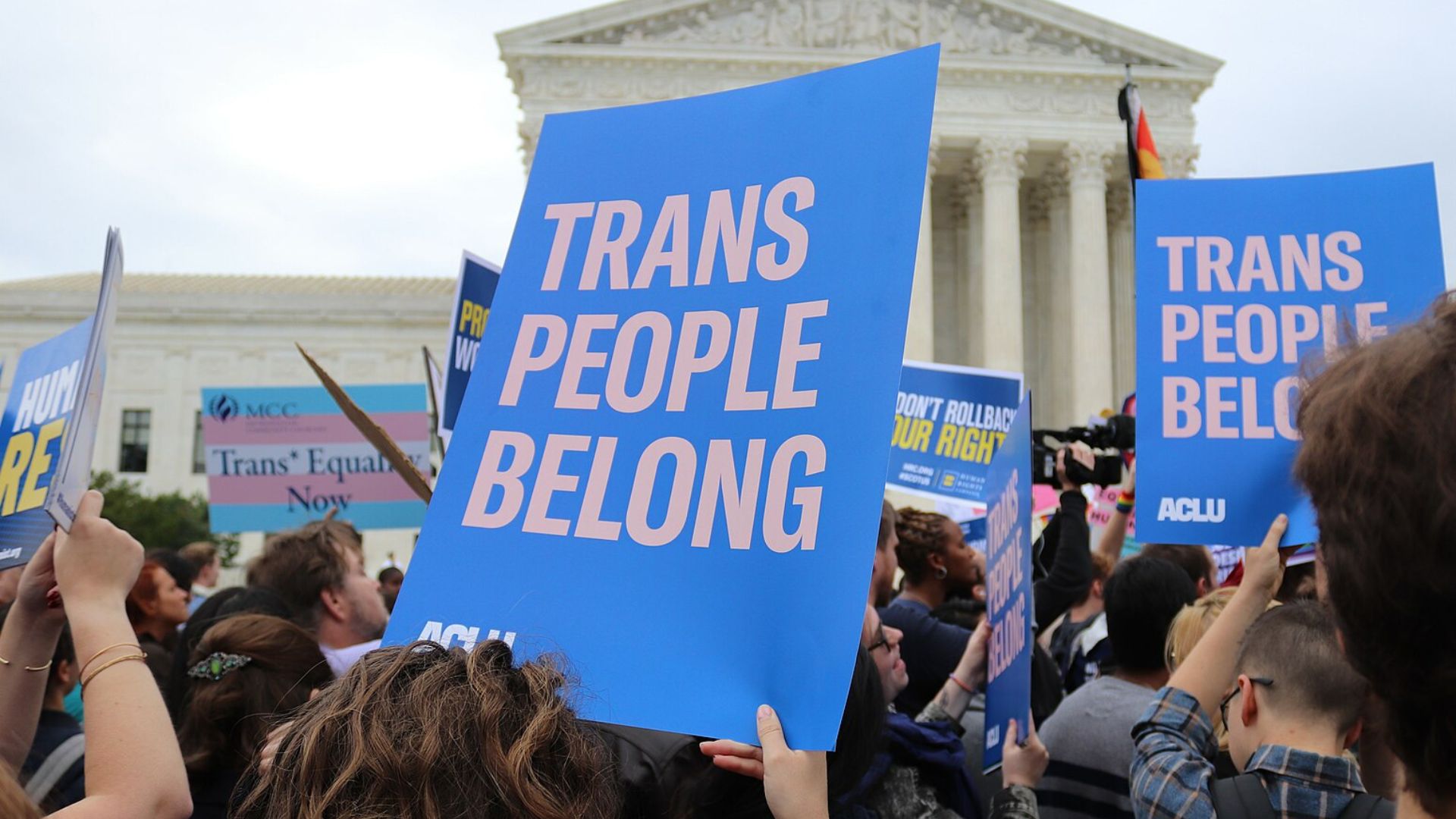
More than 20 states have enacted laws banning gender-affirming care for minors, indicating a significant legislative movement beyond Idaho.
This trend illustrates a broader national debate over the rights and medical treatment of transgender youth in the United States.
Looking Ahead
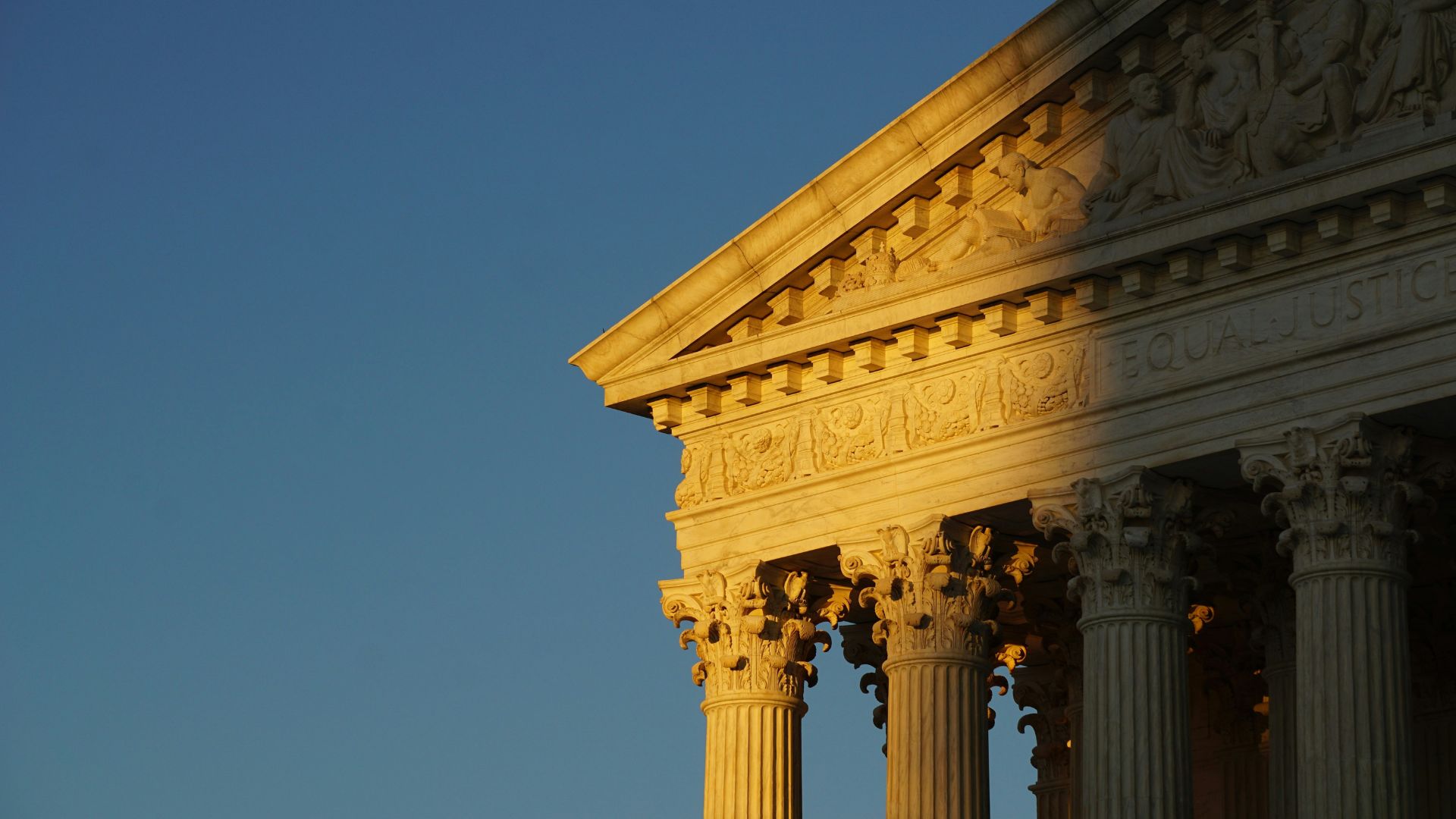
The Supreme Court’s recent decision could influence similar legislation across the country.
As legal challenges persist, the outcomes are expected to significantly affect the rights and healthcare options for transgender youth, setting the stage for future legal and social battles in this highly contentious area.
